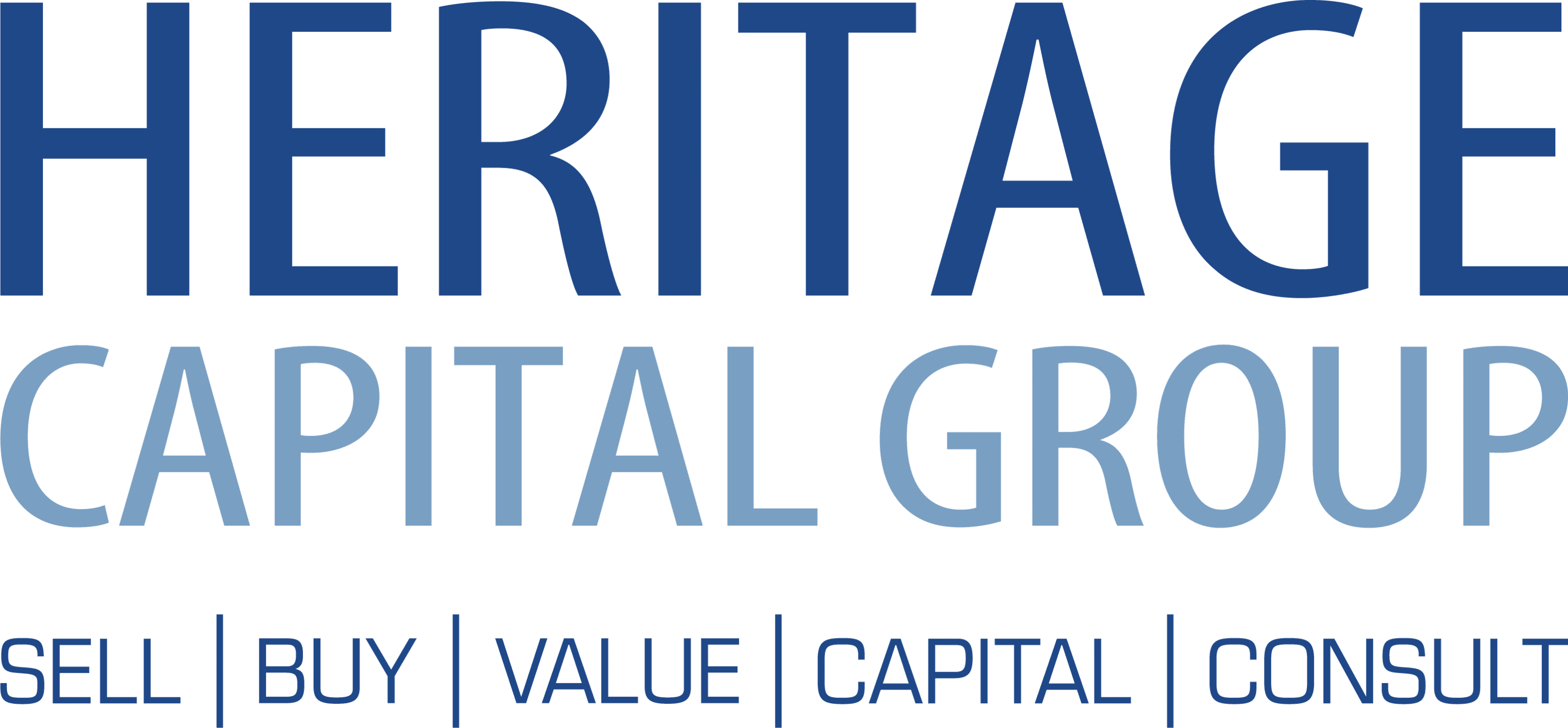Jacksonville, FL. Consumer spending accounts for about 70 percent of the U.S. economy, so it’s a big deal. What consumers are currently spending and surveys about their confidence in the future affect the stock market, business inventory purchases, and a host of other forward-looking factors.
Of course, consumer spending has also been one of the major drivers of the recent economic unpleasantness as consumers retrenched, substantially reduced discretionary purchases, and substituted less expensive items for more expensive items in their budget.
Consumers obviously cut spending in tougher times, but this time around, there is a second echo effect that has driven spending lower than in most previous downturns.
For simplicity, let’s say a family spends $100 per week on groceries in “normal” economic times. Along comes a housing bubble, and the value of their home goes up — a lot. It makes them feel rich, and they open a home equity line, or refinance their house and take out cash, or run up credit card balances. As a result, spending on groceries goes up to $125 as they buy steak instead of hamburger, or grouper instead of fish sticks.
Along comes a housing bust. Values plummet, home equity lines disappear, refinances are impossible, and credit cards are maxed out. What does the family do? First, they go back to where they started, that is, spending $100 a week on groceries. But there’s a problem.
Lenders insist on getting their money back with interest. So, instead of just cutting back to the original level of spending, the family must cut back even more to pay back the debt they accumulated during the good ol’ days. They cut to $75 a week by going to Dave Ramsey’s diet of “rice and beans,” and, for variety, “beans and rice.” This is the double whammy.
How long they stay at $75 a week depends on how much debt they ran up, and whether or not the breadwinner is still employed. Staying at $75 has a major dampening effect on their spending.
If they default and don’t pay it all back, it causes more problems. Lenders lose money and can’t lend to other borrowers, such as businesses, who suffer. The lender’s owners also suffer. And the owners are people like you and me who have stocks, bonds, 401(k)s and other investments. The result is that consumer spending, the engine of the economy, has recovered very slowly this time around. The housing bubble was especially large, and consumers borrowed and spent profligately.
Has consumer spending bottomed out? So far, the results are mixed.
After being mushy for the second half of 2009, there was a small increase in December, though less than most expectations. For the first couple of weeks of January, spending was up, but went down significantly late in the month as the stock market dropped. Consumer confidence has also dropped.
So the jury is still out on when spending will come back to full speed. But one thing is sure: This time has been different.
Don Wiggins is president of Heritage Capital Group Inc. and Business Valuation Inc. in Jacksonville. http://www.bizjournals.com/jacksonville/stories/2010/03/08/editorial2.html
Don Wiggins, D.B.A, ASA, CVA, CPA/ABV
http://businessvaluationinc.com
https://www.heritagecapitalgroup.com
904-354-9600
qjvttvaf@urevgntrpncvgnytebhc.pbz
Don Wiggins is president of both Business Valuation, Inc., a firm specializing in business valuations, and Heritage Capital Group, Inc., a boutique investment banking firm focusing on middle market companies. Headquartered in Jacksonville, Florida, Wiggins has over 30 years of experience advising clients on a wide range of mergers and acquisitions and finance transactions, including M&A, sales and divestitures, capital placement, value enhancement, exist planning and related business owner transitions. He has advised international and domestic companies and successfully led transactions in numerous sectors, including business services, healthcare, distribution and logistics and manufacturing.
Since 1989, Business Valuation, Inc. has performed thousands of valuations for professional service, as well as wholesale, retail and consumer product companies in a variety of industries including healthcare, transportation, logistics and distribution, manufacturing, technology and business services.
With more than 30 years of experience, Heritage Capital Group, Inc. has earned a reputation for negotiating highly successful outcomes in both sell-side and buy-side transactions, mergers and acquisitions, value enhancement prior to exit or transition, capital placement, debt management and numerous other business deals. Heritage’s customers include hundreds of business owners of mid-sized companies in the southeastern United States and, as a founding-member of M&A International, lead numerous, successful international transactions. The Heritage team’s extensive transactional and operational experience provides a vital perspective on the most effective means of maximizing value as measured in the market by either potential investors, partners or buyers. With a broad reach throughout the marketplace, Heritage Capital Group maintains a keen focus on the unique needs of owners of middle market companies.

